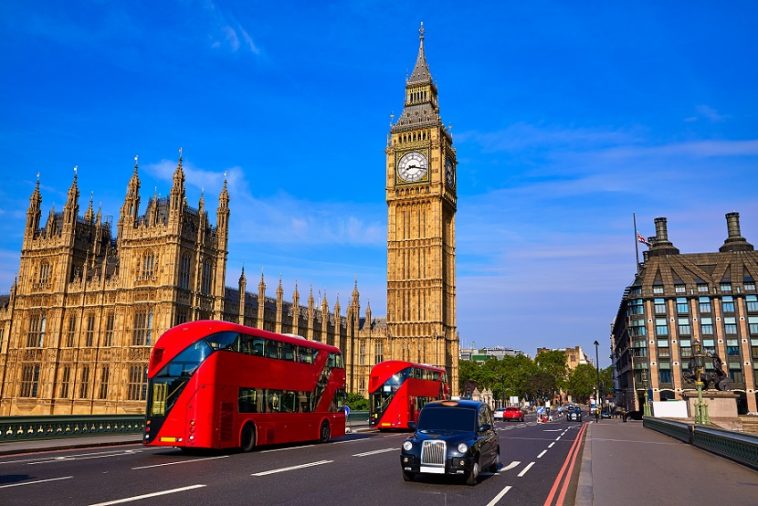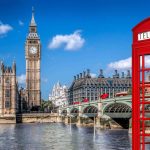Introduction.
The UK is a dream destination for people worldwide, offering diverse cultures, a strong economy, and endless opportunities.
If you’re planning to make the UK your permanent home, understanding how to get a Permanent Residency (PR) is a crucial step.
PR gives you the right to live, work, and study in the UK without any time restrictions and brings you closer to applying for citizenship.
In this article, I’ll walk you through the entire process of getting PR in the UK. From eligibility requirements to application steps, I’ll break it all down in simple terms so you know exactly what to expect.
Let’s dive into it.
What Is Permanent Residency (PR) in the UK?
Permanent Residency, also called Indefinite Leave to Remain (ILR), is an immigration status that lets you stay in the UK without restrictions.
It’s one step before British citizenship and comes with plenty of benefits, like access to public funds and no visa renewal headaches.
However, PR doesn’t happen overnight—it’s a process that requires time, effort, and meeting specific criteria.
Why Should You Aim for PR?
Here are a few key reasons:
- Freedom to Live and Work: No more visa-related stress.
- Access to Public Benefits: Once you have PR, you can access healthcare, education, and financial support if needed.
- Pathway to Citizenship: PR is the first step to becoming a British citizen.
How Do You Qualify for PR in the UK?
Eligibility depends on your visa type and how long you’ve lived in the UK. Here are the main pathways:
1. Work Visa Holders
- If you’ve been on a work visa (e.g., Skilled Worker Visa) for five continuous years, you can apply for PR.
- Make sure you meet the salary threshold and other criteria.
2. Family Route
Spouses, partners, or dependent children of British citizens or PR holders can apply after five years of living together in the UK.
3. Long Residence
If you’ve legally lived in the UK for ten continuous years, you may qualify under the long residence route.
4. Other Routes
Refugees, entrepreneurs, and investors may also be eligible under specific conditions.
How Do I Apply for PR?
Step 1: Check Your Eligibility
Confirm that you meet the residence and visa requirements for PR.
Step 2: Pass the Life in the UK Test
This test covers British traditions, history, and culture. You need to pass it to prove your integration into UK life.
Step 3: Prove Your English Language Skills
Provide evidence of your English proficiency, unless you’re from an English-speaking country or have a degree taught in English.
Step 4: Gather Documents
Typical documents include:
- Valid passport or travel ID
- Proof of residence in the UK (e.g., utility bills, bank statements)
- Biometric Residence Permit
- Evidence of continuous employment (for work visas)
Step 5: Apply Online
Submit your application online through the UK government website and pay the required fee. As of now, the fee is £2,404, but it’s always good to check the latest rates.
Step 6: Attend a Biometric Appointment
You’ll be asked to provide fingerprints, a photo, and other personal details.
Step 7: Wait for a Decision
It usually takes six months for a decision, but priority services may speed it up.
Common Challenges and How to Handle Them
- Gaps in Residence:
Even short gaps can impact your eligibility. Keep a record of all your travel dates. - Meeting the Income Threshold:
Ensure your salary meets the required level if you’re applying via the Skilled Worker route. - Document Errors:
Double-check your application to avoid delays or rejections due to missing or incorrect documents.
FAQs
Can I apply for PR if I’ve been out of the UK for a while?
Yes, but you need to prove that you haven’t been out of the UK for more than 180 days in any 12 months during your qualifying years.
Is the Life in the UK Test hard?
It’s manageable if you prepare. Study materials are available online, and practice tests can help.
What happens if my PR application is rejected?
You can appeal the decision or reapply after addressing the issues raised.
Can I lose my PR status?
Yes, if you leave the UK for more than two years without returning, your PR status may be revoked.
Further Resources
- UK Government: Indefinite Leave to Remain Guidance
- Practice Life in the UK Test
- English Language Requirements
Final Thoughts
Getting PR in the UK is a big milestone, and while it takes effort, it’s worth it for the stability and opportunities it offers.
The process may seem overwhelming, but with careful planning and the right resources, it’s completely achievable.
What’s your biggest question about PR in the UK? Let me know in the comments!





GIPHY App Key not set. Please check settings